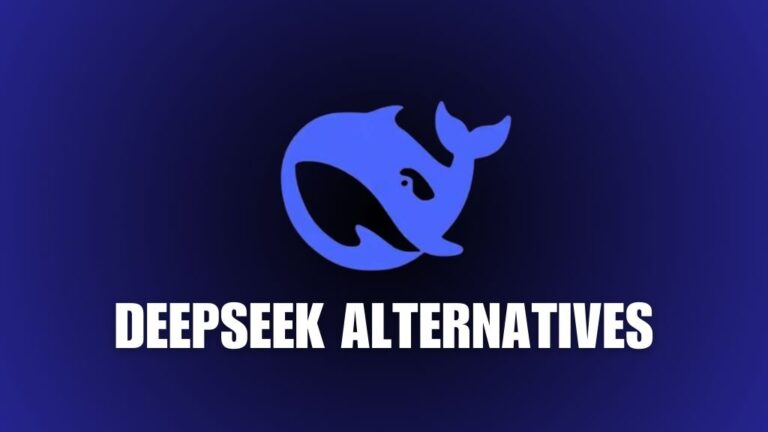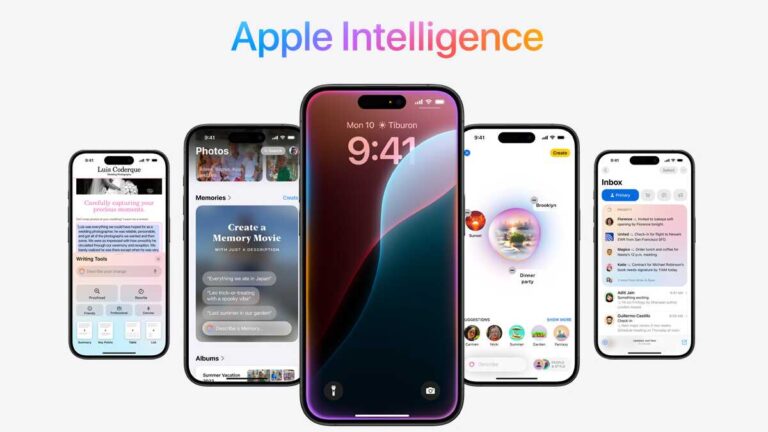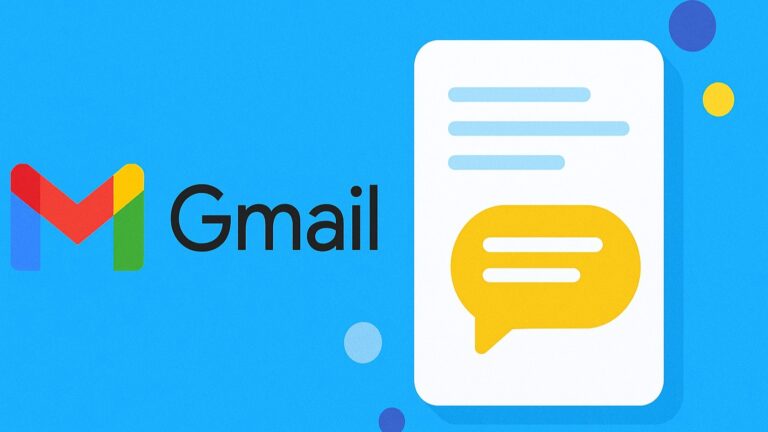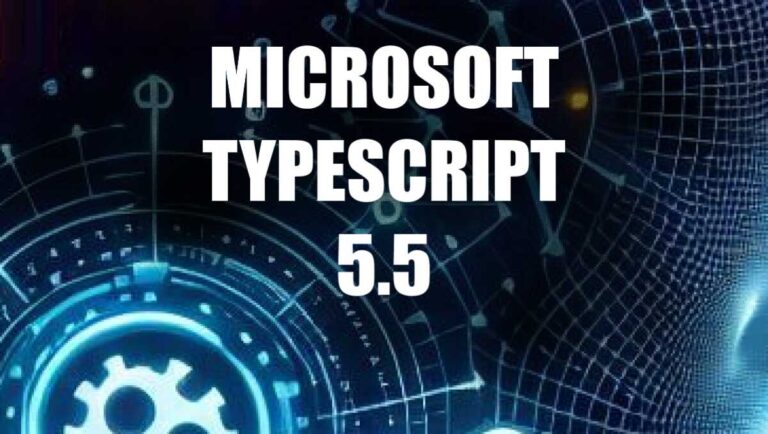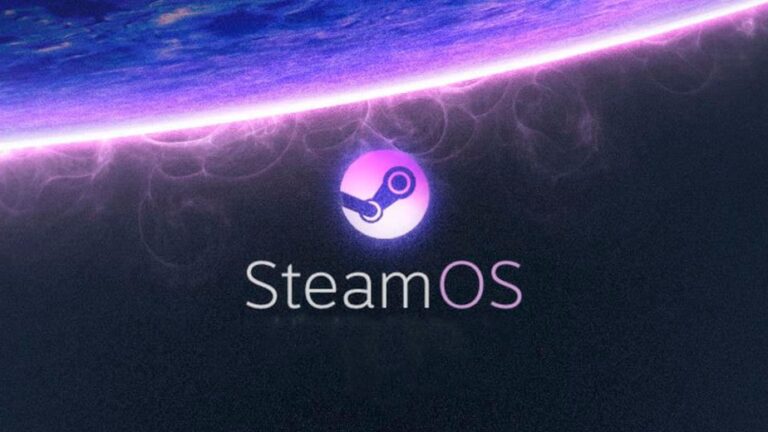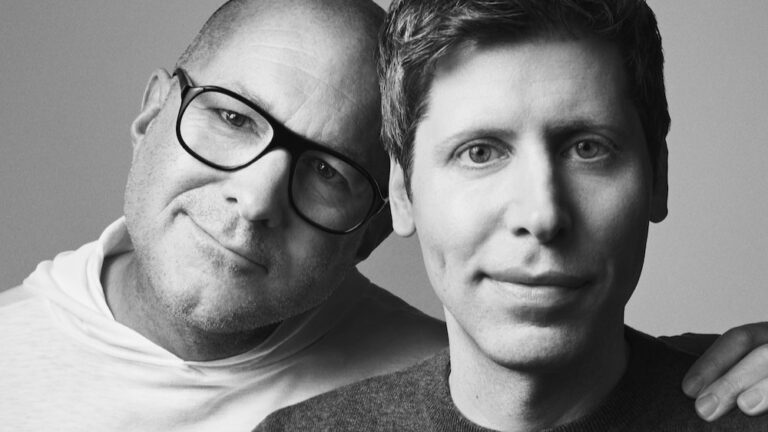OpenAI’s ChatGPT Search Engine Released, Challenging Google’s Monopoly
OpenAI’s ChatGPT search engine has been released and it is challenging Google’s monopoly by providing users “fast and timely answers”.
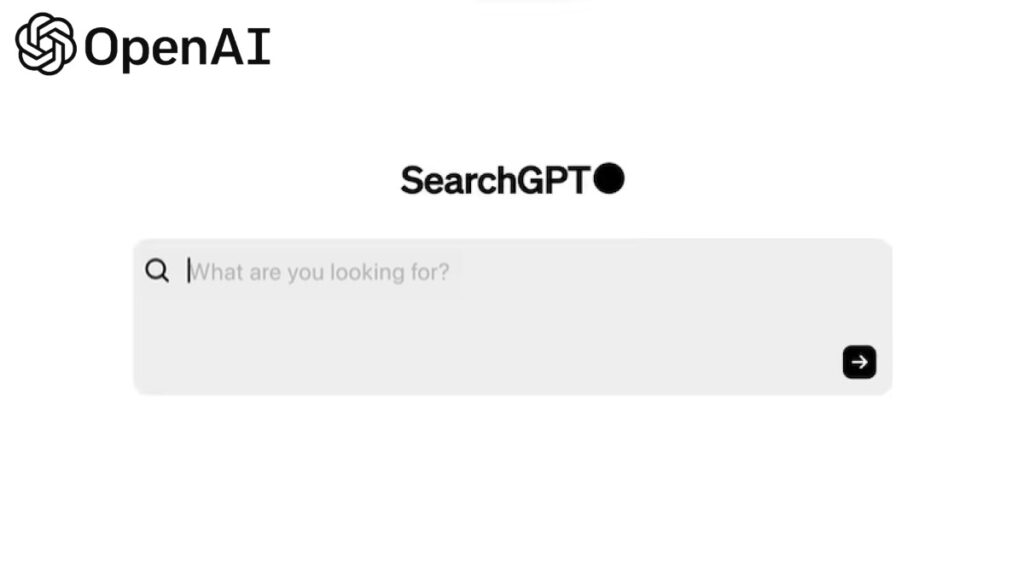
OpenAI is now one step closer to breaking Google’s monopoly on web searches with the introduction of the ChatGPT search engine. Perhaps this is a sign of the time when the internet will not rest on the shoulders of a few tech giants but will be a more decentralized facility.
ChatGPT Search Engine
A ChatGPT search engine’s job is to provide users with links to the appropriate websites, or pages, on the internet. The ChatGPT upgrade will provide users with “fast, timely answers” to their queries, accompanied by the appropriate links.
The difference between this ChatGPT model and the earlier ones is that the latter provided “indirect” information, in that it passed through the filter of its programming before making it onto the screen of the user. The former model, on the other hand, will provide information in real-time from across the web.
According to OpenAI, ChatGPT’s homepage will now provide links to sourced materials on a variety of topics: from weather forecasts and sports news to stock prices and breaking news. Now, the news and data would be linked to providers that have signed up with OpenAI. Some of them are France’s Le Monde, UK’s Financial Times, and Germany’s Axel Springer.
OpenAI released some examples of the ChatGPT search engine. At first glance, it is quite similar to the interface of Google or Google Maps minus all the annoying advertisements. We would compare it more with Perplexity’s search engine. The latter is another AI-powered search engine with a more conversational style of talking. It provides links to the sources at the end of each response.
Interestingly, both Perplexity and OpenAI are facing lawsuits filed by The New York Times on the claim that these AI services provide links to copyrighted material without due permission.
Anyway, currently, the ChatGPT search engine is only available for paid subscribers. However, OpenAI has revealed plans to expand this service to free users as well. This feature can be enabled by default or manually via a web search icon.
OpenAI has opened the option for any publisher and website to opt to appear in ChatGPT’s search results. It also encourages any form of feedback from content creators to further tweak and improve this feature.
The one limitation of AI chatbots like Anthropic’s Claude and OpenAI’s ChatGPT in terms of information gathering is the time cutoffs. Effectively, this means the responses are not up-to-date. This is felt more acutely for such programs, like ChatGPT, that do not have a stand-alone search engine.
Now that OpenAI has officially launched the search engine functionality within ChatGPT, the response will begin to rival those provided by Google or Microsoft. And as the feature is new, the results will be without any clutter of advertisements.
Well, Microsoft is one of the largest investors in OpenAI, along with NVIDIA, and Tokyo-based conglomerate SoftBank. Under Altman’s reign, the company has shot up to a valuation of $157 billion. There’s no doubt that soon, he will make the company into a tech giant.

